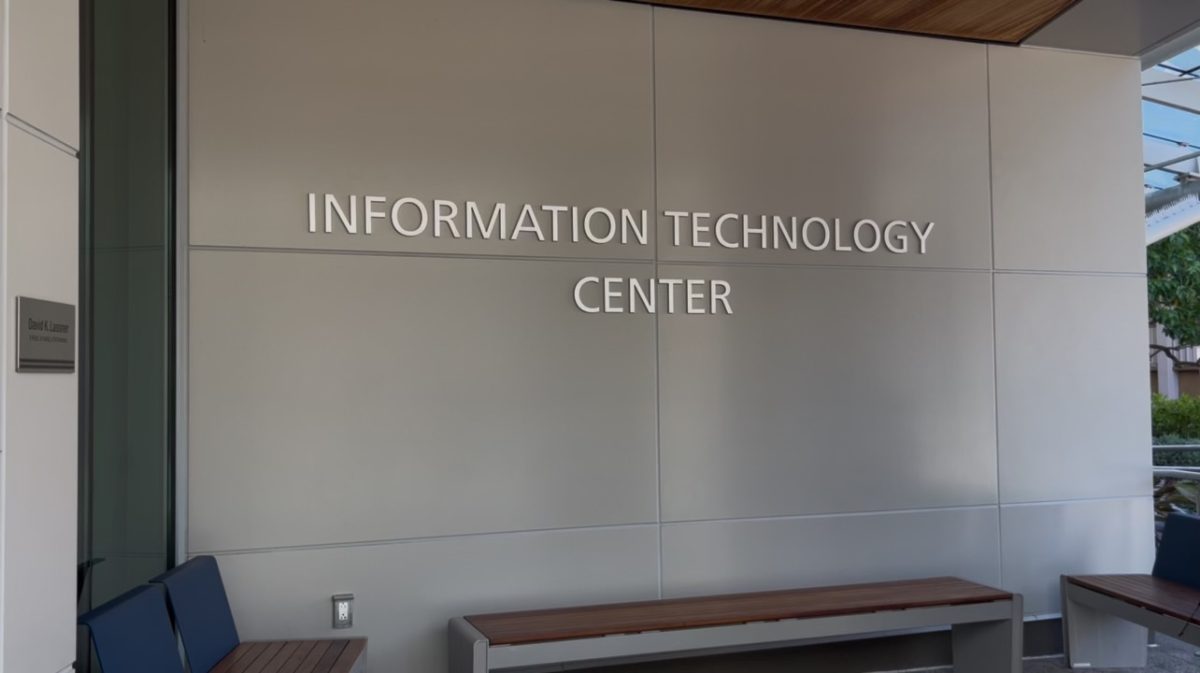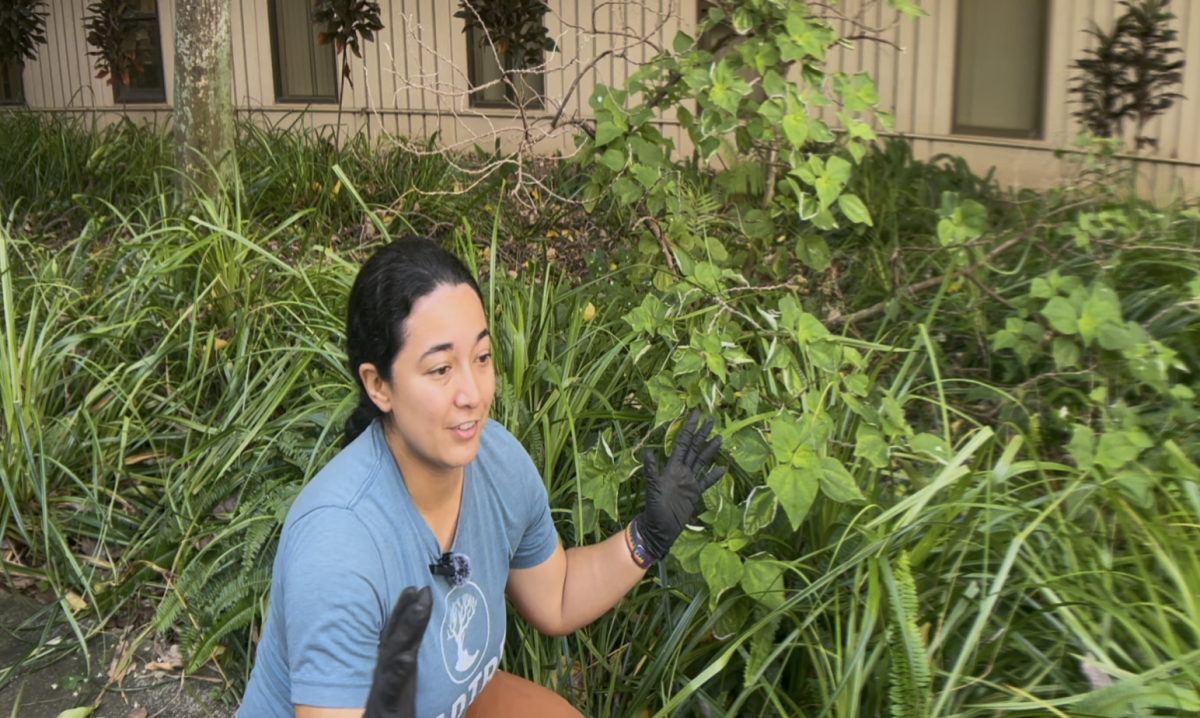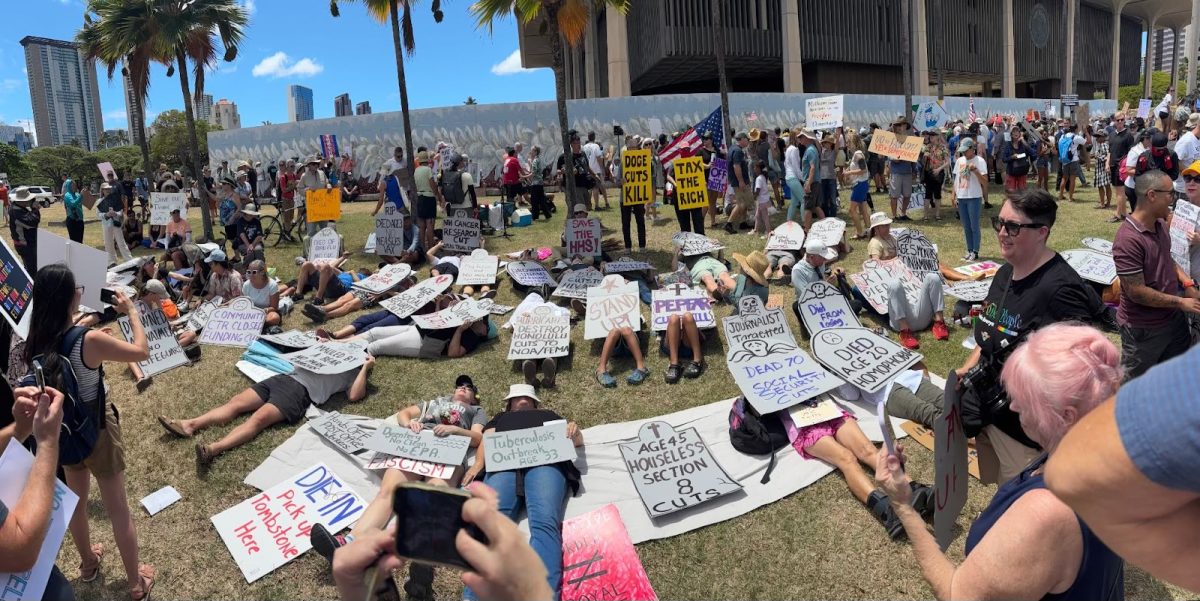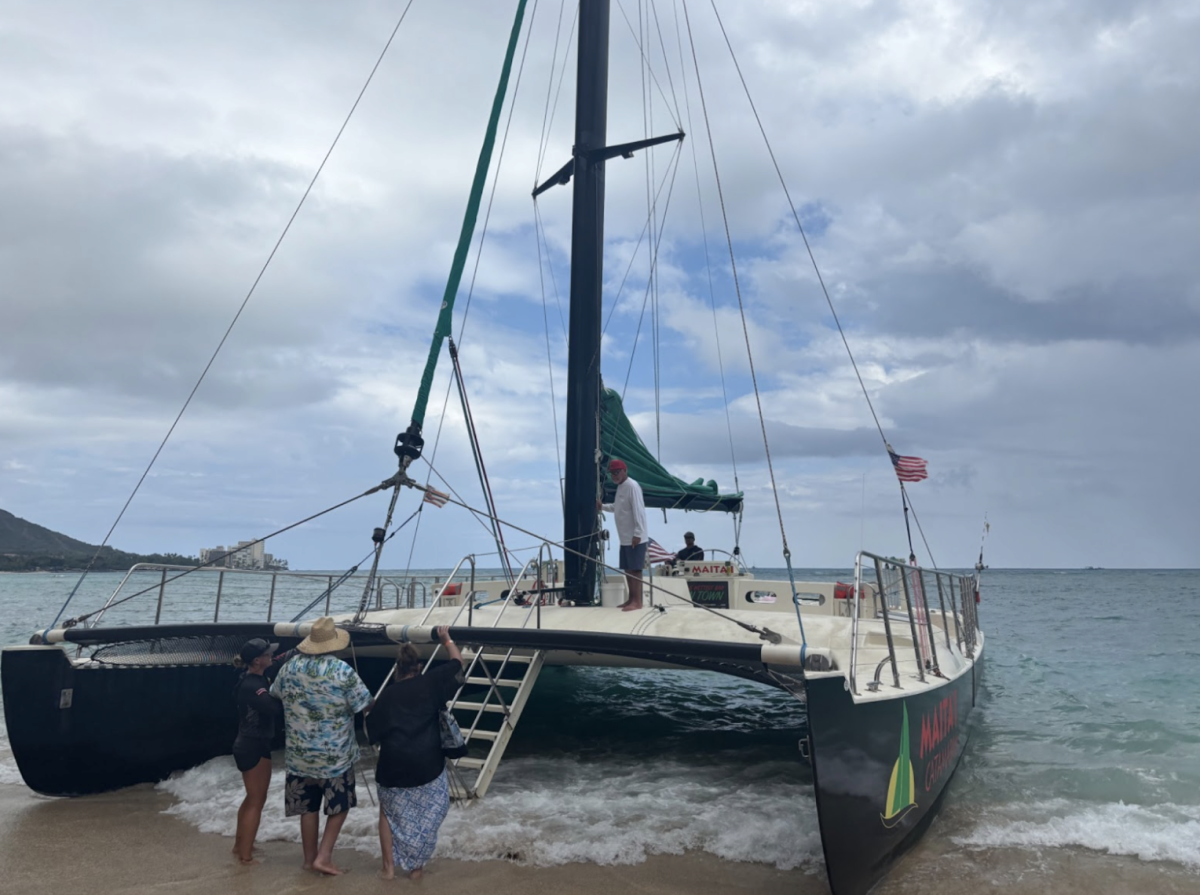Before the start of this spring legislative session, Rep. David Tarnas met with attorney Brain Black and the staff at the Public First Law Center, in an effort to collaborate on bills that would promote government transparency.
“Our package this year was kind of, like, somewhat modest, there were kind of more housekeeping tweaks to the Sunshine Law,” said Ben Creps who is a staff attorney at the Public First Law Center, “largely because, with everything kind of coming online now, you do need some tweaks here and there to kind of keep pace with, the digitalizing of our civic life.” That low-key strategy turned out to be both efficient and effective, with three Sunshine bills recently signed into law by Gov. Josh Green.
One of the legislature’s core goals in this area was to improve government transparency, following the February 2022 guilty pleas of disgraced former Senate Majority Leader J. Kalani English and now-former Rep. Ty J.K. Cullen, who both pleaded guilty in federal court to accepting bribes that supported and killed legislation on behalf of Milton J. Choy, owner and manager of H2O Process Systems.
“The legislature’s job is to try to pass bills that improve our statutory authority for government operations, said Tarnas (D-House District 8), who represents North and South Kohala Districts and the communities of Niuli‘i, Hawi, Kapa‘au, Kawaihae, Waimea, Waiki‘i and Waikoloa. “These three bills help to improve the way boards and commissions are conducting their business.”
The bills now known as Acts 11 (HB 1598), 12 (HB 1599) and 13 (HB 1600) were signed into law on May 3. Acts 11 and 13 are now in effect. Act 12 will go into effect on Jan. 1, 2025.
Here are more details about each of them:
- Act 11 (House Bill 1598) requires boards to make board packets available for public inspection no later than two business days before the scheduled board meeting. The bill also ensures that public testimony may be given to board members before their meeting. Additionally, this would require boards to include “in the notice to persons requesting notification of meetings, a list of the documents that were compiled by the board and distributed to board members before a board meeting for use at the meeting.” Board packets also will be required to be published on the board’s website.
- Act 12 (HB 1599) requires public meeting notices to inform the public how to provide remote oral testimony that allows the testifier, upon request, to be visible to board members and other meeting participants. The bill also would recognize a board’s authority to remove and block individuals who disrupt meetings. It would go into effect Jan. 1, 2025.
- Act 13 (HB 1600) requires boards to schedule a meeting for deliberation and decision-making on a report by an investigative group at least six business days after the initial board meeting in which the investigative group presented the findings of its investigation to the board.
These measures will “make it easier for the public to be aware of what the boards and commissions do and then be able to provide input to the boards and commissions so that commissioners and board members can listen to public input and then use that in their decision-making,” Tarnas said. “And I think all of that helps the boards and commissions do a better job.”







